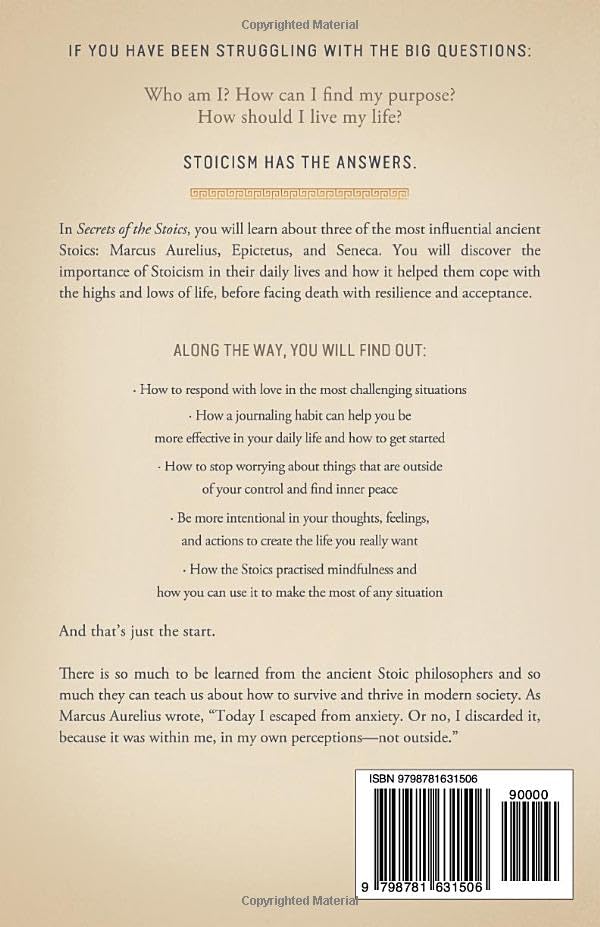Classical Liberalism
Category: ludwig von mises

The word "liberalism" originates from the Latin word "liber," which means "free." According to Mises, liberal philosophy is "the harmony of the rationally recognised interests of all members of a free society founded on the concept of private ownership of the means of production." This work presents the theoretical and practical justifications for liberalism in the classical tradition.
Mises states that the principles of liberalism are based on a knowledge and appreciation of private property, social cooperation, the concept of freedom, ethics and morality, democracy, and the proper function of government. Liberalism is a theory of social order, not a political party. The liberal programme does not grant anyone a special advantage; instead, it works to ensure that everyone is treated equally before the law and has the freedom to make their own judgements, provided that they do not conflict with the equally valid rights of others.
According to liberalism, the only responsibility of the state is to safeguard the lives, property, and freedom of its people to pursue their own objectives. In this work, Mises applies the liberal programme to both domestic and international economic policy. Mises also contrasts liberalism with other potential social order systems like socialism, communism, and fascism.
The theoretical and practical justifications for liberalism in the classical tradition are presented in this work. The principles of liberalism are based on a knowledge and appreciation of private property, social cooperation, the concept of freedom, ethics and morality, democracy, and the proper function of government. Liberalism is a theory of social order, not a political party, and the liberal programme works to ensure that everyone is treated equally before the law and has the freedom to make their own judgements, provided that they do not conflict with the equally valid rights of others.
Mises states that the only responsibility of the state is to safeguard the lives, property, and freedom of its people to pursue their own objectives. In this work, Mises applies the liberal programme to both domestic and international economic policy, and he also contrasts liberalism with other potential social order systems like socialism, communism, and fascism.
product information:
| Attribute | Value | ||||
|---|---|---|---|---|---|
| publisher | Revelation Press (28th Feb, 2023) (February 28, 2023) | ||||
| publication_date | February 28, 2023 | ||||
| language | English | ||||
| file_size | 561 KB | ||||
| text_to_speech | Enabled | ||||
| screen_reader | Supported | ||||
| enhanced_typesetting | Enabled | ||||
| x_ray | Not Enabled | ||||
| word_wise | Enabled | ||||
| sticky_notes | On Kindle Scribe | ||||
| print_length | 276 pages | ||||
| best_sellers_rank | #611,222 in Kindle Store (See Top 100 in Kindle Store) #887 in Finance (Kindle Store) #1,279 in Political Science (Kindle Store) #3,079 in Finance (Books) | ||||
| customer_reviews |
|


















